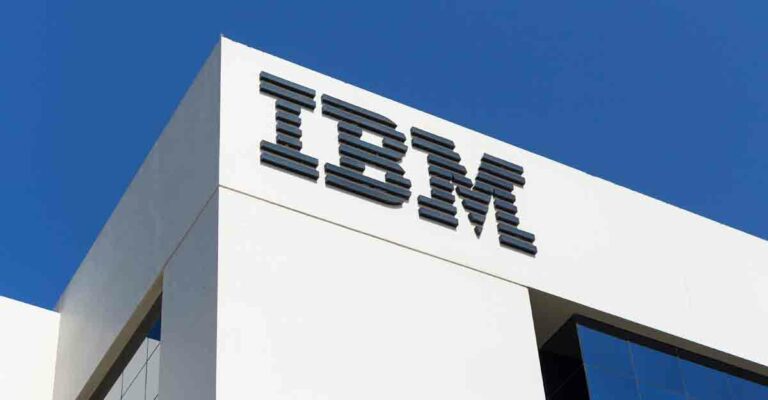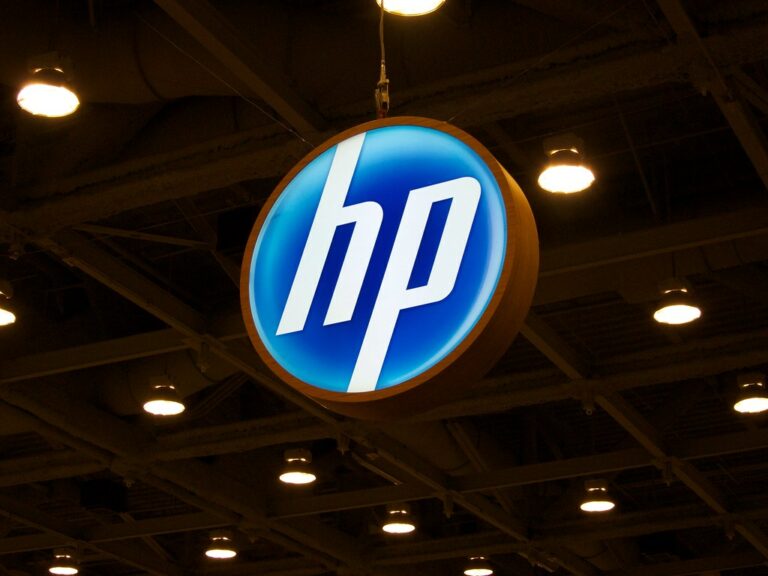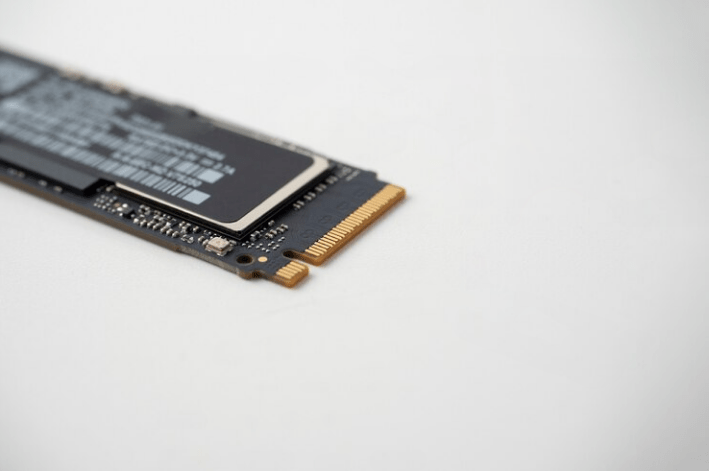Don’t even think about implementing a traditional RAID 5 configuration on all-flash arrays, warns San Jose, Calif.-based enterprise flash storage startup Skyera Inc.
The company is sounding the alarm on RAID 5 and its effect on arrays outfitted with flash-based, solid-state drives (SSDs). Instead of protecting data as intended, RAID 5 on SSD arrays can “have the opposite effect and contribute to decreased data reliability,” alerted the company in a statement.
The company cites “Stochastic Analysis on RAID Reliability for Solid-State Drives,” a study from the Chinese University of Hong Kong, which points to the deficiencies of RAID when applied to flash-based storage systems.
According to researchers, “RAID-5 provides insufficient data protection and error correction” to account for wear and increased error rates as flash memory ages. Skyera argues that not only does it fall short in safeguarding data, it can shorten the useful life of SSD arrays.
Skyera added that “the study suggest that RAID-5 reduces the reliability of SSD arrays as the constant updates of parity information increase the write cycles and causes the flash SSD to wear out prematurely.”
Why not just move up to RAID 6?
That’s one option. “But implementing RAID-6 on an SSD array presents its own set of problems, specifically the higher write requirements for double parity, consuming valuable P/E cycles and shortening the life of the flash modules,” asserted the company.
Skyera’s answer: RAID-SE.
The company’s MLC-based Skyhawk arrays employ custom controllers, error-correcting code and proprietary algorithms to extend the life of flash chips. Earlier this year, the company made waves by snapping up $51 million in a round of Series B financing from hard drive maker Western Digital.
During Skyhawk’s debut in August, Skyera vice president of marketing Tony Barbagallo told InfoStor that while most MLC SSDs can reliably accommodate up to 2,000 write cycles, his company has managed to push MLC “into that 100K write vicinity.”
RAID-SE, part of the Skyera’s SEOS storage operating system, “offers better data protection than RAID-6 with three times fewer writes to extend the life of flash storage,” boasted the company.
In company remarks, Skyera CEO Radoslav Danilak suggested that to architect next-gen storage systems, the industry may want to let go of its HDD “baggage.”
“Skyera engineers were well aware of the limitations of RAID-5 from the outset so designing a better RAID solution for solid-state storage without the legacy baggage of HDD RAID algorithms was a key goal from the beginning. RAID-SE is an engineering triumph with double parity data protection that actually improves the durability of the flash media,” he stated.





